The Ethical Quandaries of Horror: A Closer Look at ‘Knock at the Cabin’
Knock at the Cabin, a film directed by M. Night Shyamalan, delves into the psychological and ethical dimensions of horror in a unique and thought-provoking manner. As audiences navigate the suspenseful storyline, they are compelled to confront not just their fears but also complex moral dilemmas. This article explores the ethical quandaries presented in Knock at the Cabin and their implications for both the characters and viewers.
Synopsis and Setting
Knock at the Cabin is set in a remote cabin where a family’s vacation turns into a nightmare. The plot thickens when strangers arrive, knocking at the door with a disturbing ultimatum. The family must make an unimaginable choice to prevent a purported apocalypse. This setup serves as a fertile ground for exploring themes of sacrifice, trust, and the greater good.
Ethical Dilemmas Explored
The central ethical question in Knock at the Cabin revolves around the concept of sacrifice for the greater good. The strangers compel the family to decide whether to sacrifice one of their own to save humanity. This dilemma forces the audience to consider what they would do in a similar situation. The film effectively uses this scenario to explore ethical decision-making under extreme pressure.
- Sacrifice and Moral Responsibility: The demand for a sacrifice poses the question of moral responsibility on several levels. It challenges the characters to assess their duties towards their immediate family versus the larger human community. This tension between personal loyalty and a seemingly altruistic cause is a recurring theme in ethical discussions and is powerfully depicted in the film.
- The Trolley Problem Reimagined: Philosophers often use the trolley problem to illustrate complex ethical decisions. Knock at the Cabin mirrors this dilemma, forcing the family to choose between actively causing harm to save others or remaining passive, potentially leading to a greater catastrophe.
- Truth and Manipulation: Another ethical issue the film tackles is the ambiguity of truth. The family struggles with the veracity of the strangers’ claims, which is compounded by the lack of clear evidence. This situation probes into the ethics of belief and manipulation, challenging the characters and the audience to discern truth from deception under dire circumstances.
Psychological Impact and Audience Reflection
The film not only presents ethical dilemmas but also explores their psychological impact on the characters. The intense emotional strain experienced by the family as they grapple with their decision is palpable and invites the audience to empathize with their plight. This emotional engagement is a critical element of the horror genre, as it enhances the viewers’ investment in the characters’ fates and the moral dimensions of their decisions.
Knock at the Cabin also encourages viewers to reflect on their own moral compasses. By presenting a scenario that lacks a clear ‘correct’ choice, the film invites debates about what is ethically permissible in situations of extreme duress.
Conclusion
Knock at the Cabin is a significant contribution to the horror genre, rich in ethical complexity and psychological depth. By intertwining suspense with serious moral questions, the film goes beyond traditional horror to challenge its audience intellectually and emotionally. It serves as a profound reminder of the weight of our choices, especially when the stakes are apocalyptically high. This exploration of ethical quandaries not only captivates but also offers a mirror to our deepest moral convictions and fears.

